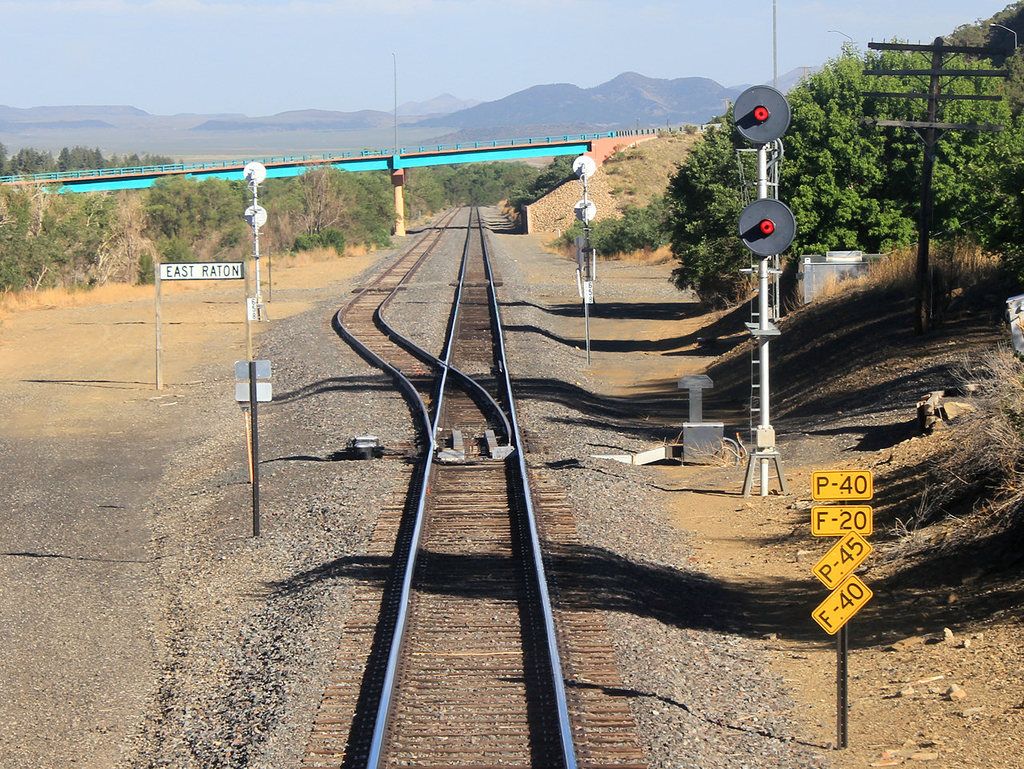Amtrak 188 derailment in Tales of the Jointed Track
- May 15, 2015, 11:20 p.m.
- |
- Public
I really have no information other than what has been released. The NTSB, like me are awaiting the event recorders to be downloaded.
The event recorder, is the “Black Box” in the railroad industry. The BNSF auto downloads routinely, to monitor engineer performance and train handling. They can pull “tapes” as we say from an era long past. 100% is auto downloaded.
!! NOTE BNSF is not involved but used as an authority !!
The engineer has undergone testing for drugs and alcohol. The event recorder has been downloaded. This monitors, throttle position ( power and / or dynamic or regenerative braking) . Air brake applications and air brake train line. Speed, Alerter reset functions, how long was the Alerter reset after the alert lights and tones were initiated.
Maintenance records for the cars and locomotives have been pulled. The track and signal reports are pulled. Track and signal reports each day for the territory. They are detailed, and “they” the people who ride the territory and maintain have a running record. These are on demand from the FRA (Federal Railroad Administration) at any time.
Now our legislators who are on the bandwagon and now are full time railroaders. SHAME!! Lets blame this party or that party for AMTRAK defunding. Sorry that is totally false. This is an operations problem. This could be a 300 mph main line a curve is a curve. Curve speed is that!! What part of physics don’t they get? No its grandstanding.
Curve 101:
Curve speeds are what they say. It is in your time table, and on wayside track signposts. AMTRAK, CSX, NS, BNSF, UP, KCS, … Shortlines, they all have them.
Speed boards on the Raton sub ATSF/ BNSF East Raton. P-40 F-20 (horizontal) is the current curve speed the “tilted” P-45 F-40 is for curves one mile and a half distant. P- Passenger F- Freight.
Physic play an important part, why trains leave the rails on curves. Force is to the rail bearing the outside of curve. The inertia will force the wheel to climb. When the flanges have nothing to grab onto. The wheel sets and trucks will lift. The bottom side will fall into the road bed, starting cars to pile up.
What caused the train to speed up from 70 mph to 106 mph? Good question. This locomotive, has the power to haul at least 25 passenger cars on its own, and make track speed. It has seven…this is nothing so the speed increase is really nothing. What initiated the speed increase? I am interested.
Being a retired Locomotive engineer, that emergency application was not going to help, because it was initiated too late. The train speed went from 106 to 102 mph. If the Blend braking was there, he may have gotten down to 90 mph. Well yer still 40 mph over. You might traverse it and again you may not. BUT AGAIN I do not have the facts.
I am not throwing a fellow engineer under the bus. The facts right now are not on his side. I would like to see the tapes, that will show throttle change. The engineer controls the train, not the train the engineer. That was drilled into me, from the start.
The facts will come out, yes they always do.




Loading comments...